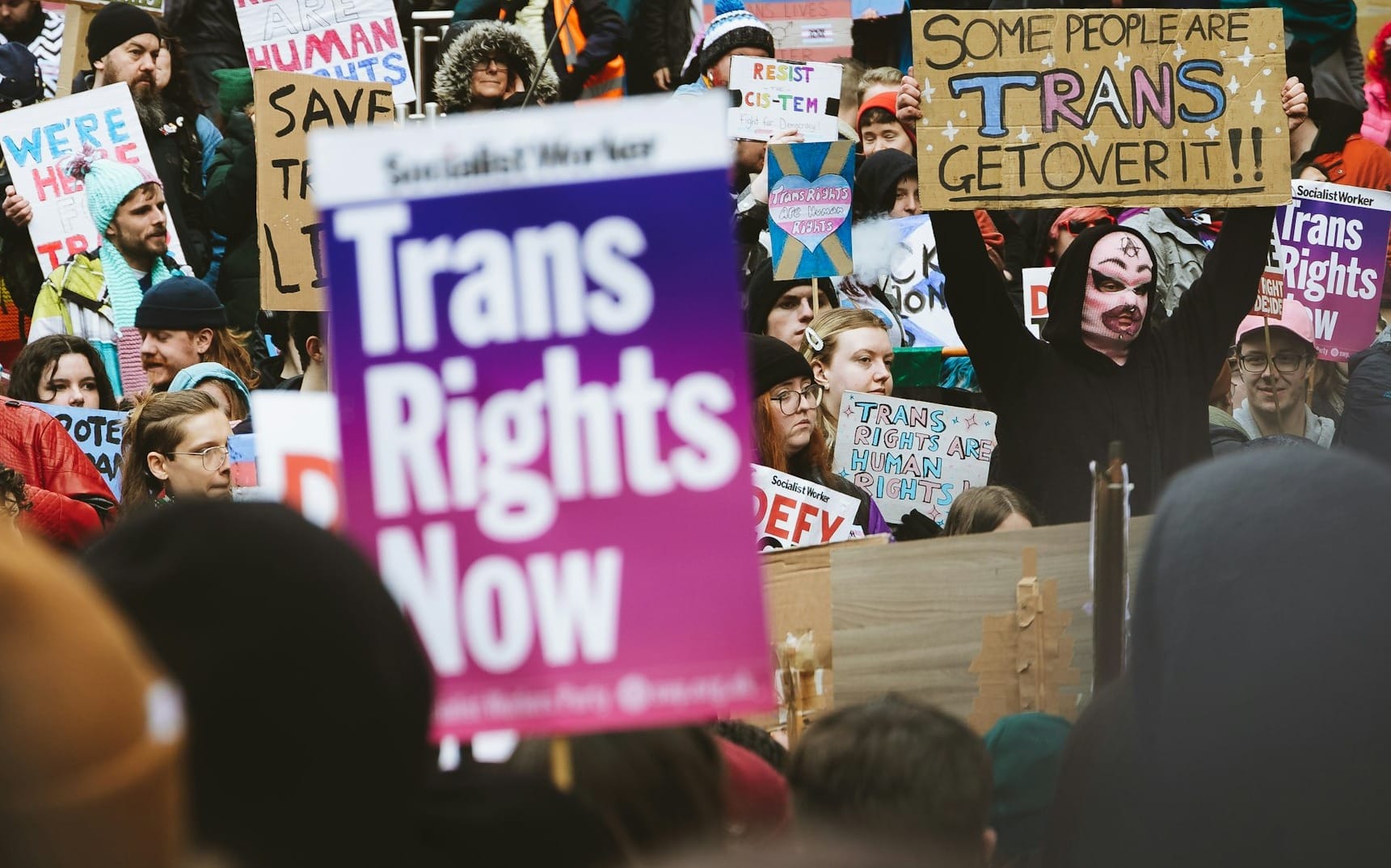Trans (Transgender) culture and the LGBTQ culture at large are a vibrant and resilient global force of community solidarity, artistic expression, and a hard-fought battle for self-determination.
In an increasingly hostile political climate and an identity sensationalised in the media, LGBTQ culture is constantly under strain. To fully understand LGBTQ existence in the UK, you need to take in the complex challenges ranging from representation, social stigma, and the economic and personal challenges faced by some of the community's most marginalised members, particularly transgender sex workers.
Historically, the media’s representation of trans people has often bordered on harmful stereotypes and tokenism. In the 21st century, there has been a positive shift, credited to the rise of trans public figures such as Actress and activist Laverne Cox. Her influence, though American media, resonated globally, emphasising that trans people are "not a monolith.
Trans existence and how they choose to express themselves have entered the public consciousness
However, this visibility has a downside. As trans culture gains more space, issues faced by trans people are often framed as a "debate" in the media's culture wars. These debates are never really about trans people at all but merely pawns in a wider political game. For trans sex workers, the challenges are even greater. They face a combination of transphobia, whorephobia, stigma against sex work, and often racism.
Discrimination often shuts trans people out of formal work, which forces them into sex work as a means of survival. Exacerbated by the UK's strict prostitution laws, the sex industry is forced underground, which leaves trans sex workers more vulnerable to violence and less likely to report to the police. In 2018, the English Collective of Prostitutes released a report which highlighted that trans sex workers face higher levels of violence compared to other sex workers, and are less likely to report it to the police due to fear of discrimination or not being taken seriously.
For some trans people, sex work can represent both freedom and constraint.
It can offer a rare opportunity where their gender identity is not just accepted but is the very source of their desirability and survival.
Human beings have a deep desire for affirmation, which is especially true for trans sex workers who seek to have their identity recognised and validated. Their work provides immediate financial relief and a sense of bodily autonomy that is otherwise denied in broader society. However, the very identity that grants them a livelihood within sex work can make them targets for violence and discrimination outside of it.
In the UK, Trans culture is a powerful story of resilience. Although there have been positive strides in the fight for LGBTQ rights, true progress will be measured not only by positive media representation but by actively creating a society where no one is forced to choose between their identity, safety, and survival.
Organisations such as the English Collective of Prostitutes understand that the fight for trans rights in the UK is directly tied to economic justice and sex workers' rights. While media icons like Travis Alabanza and Juno Dawson provide crucial representation and voice, their existence does not erase the systemic challenges the community faces.

